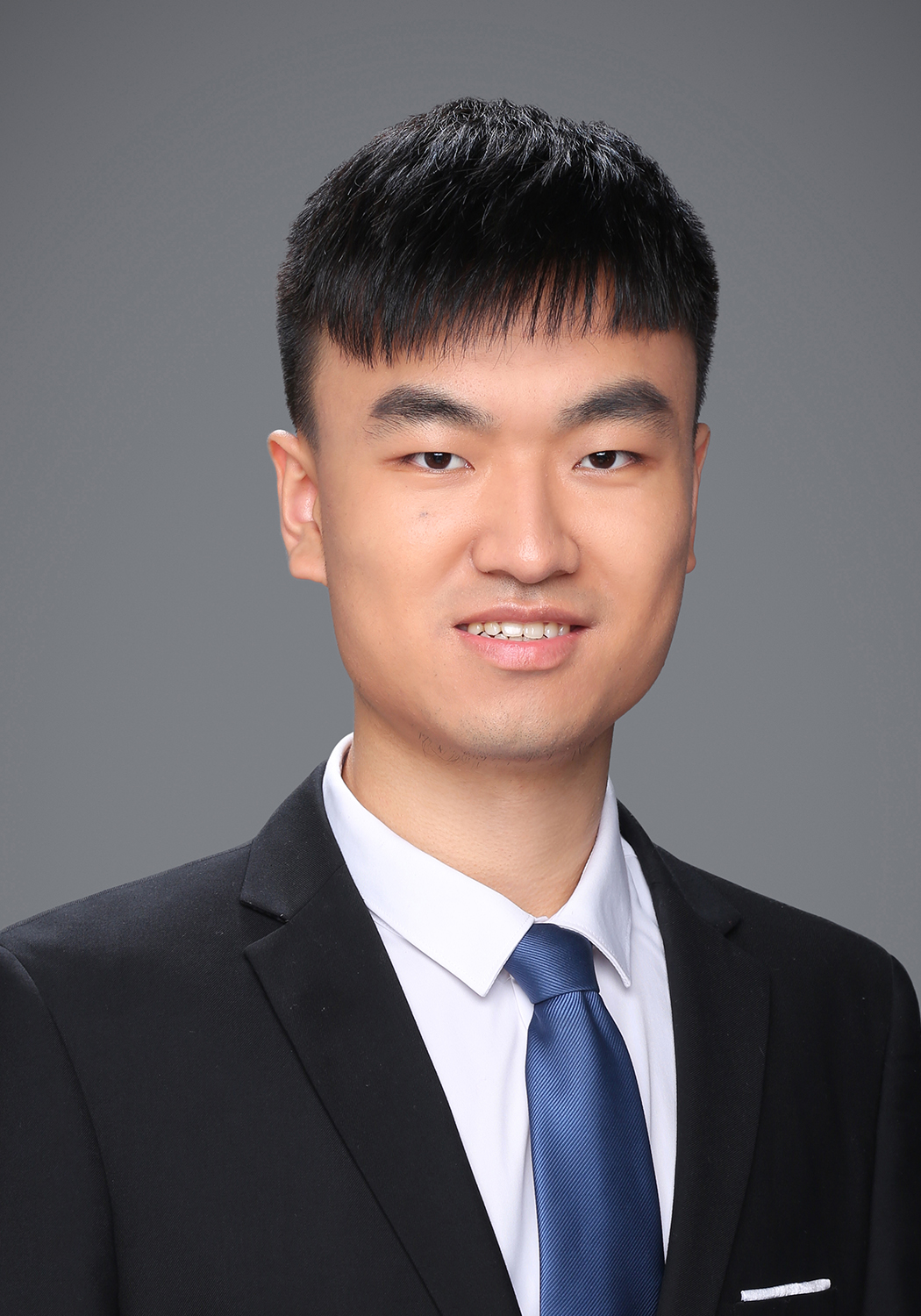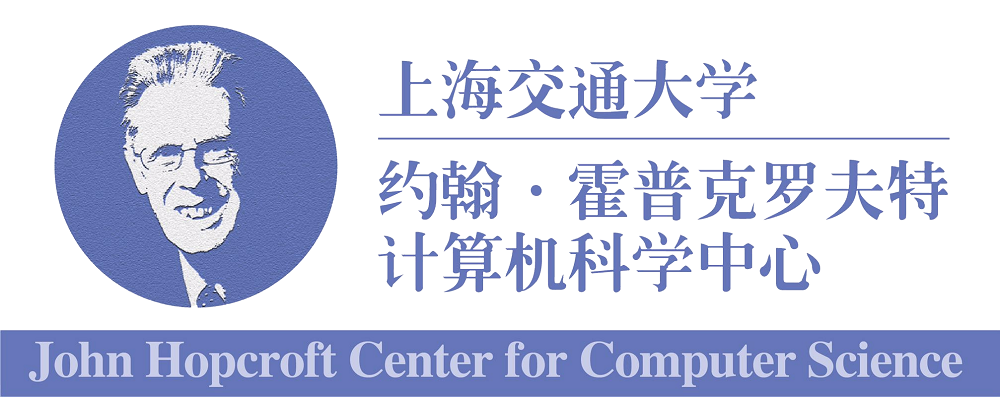Spatial temporal data mining equiped with expert knowledge
Speaker
Guanjie Zheng, The Pennsylvania State University

Time
2019-09-29 13:30:00 ~ 2019-09-29 15:00:00
Location
Room 1319, Software Expert Building
Host
Weinan Zhang, Assistant Professor, John Hopcroft Center for Computer Science
Abstract
Expert knowledge is playing an essential role when we try to deal with real-world problems (e.g., environmental monitoring and protection; traffic control and optimization) with machine learning techniques. Machine learning models are usually designed with consideration of generalizability. Therefore, directly applying them to domain problems without augmentation will not yield good results. In contrast, expert knowledge can help set up the correct objective, design proper model, interpret the model, provide theoretical support and explain the results. These processes are equally important as the accuracy of machine learning models for the domain experts to make decisions.
In this talk, Guanjie is going to use a scenario of traffic signal control to illustrate how to incorporate expert knowledge in the process of spatial temporal data mining. He will talk about how to design the traffic signal control problem as a data-driven problem, and make sure it matches with the objective in transportation engineering. In addition, he will demonstrate how to utilize knowledge from transportation engineering in designing the data-driven traffic signal control model, so that it can generalize to different road intersection structures and different scales of road networks.
Bio
Guanjie is a fifth-year Ph. D. candidate at the College of Information Sciences and Technology, The Pennsylvania State University. He works with Dr. Zhenhui (Jessie) Li on developing data mining techniques for spatial and temporal structured data.
Guanjie aims at revealing the impact of urban development and enhancing smart city management through data-driven methods. He has worked on topics including urban traffic prediction, traffic signal control, and pollution detection, and developed models combining state-of-the-art machine learning models and knowledge from domain experts.
Guanjie has published more than 10 papers in top conferences and journals, including KDD, WWW, AAAI, ICDE, CIKM, etc. He has also built up close collaboration with Microsoft Research Asia and Hangzhou City Brain.

